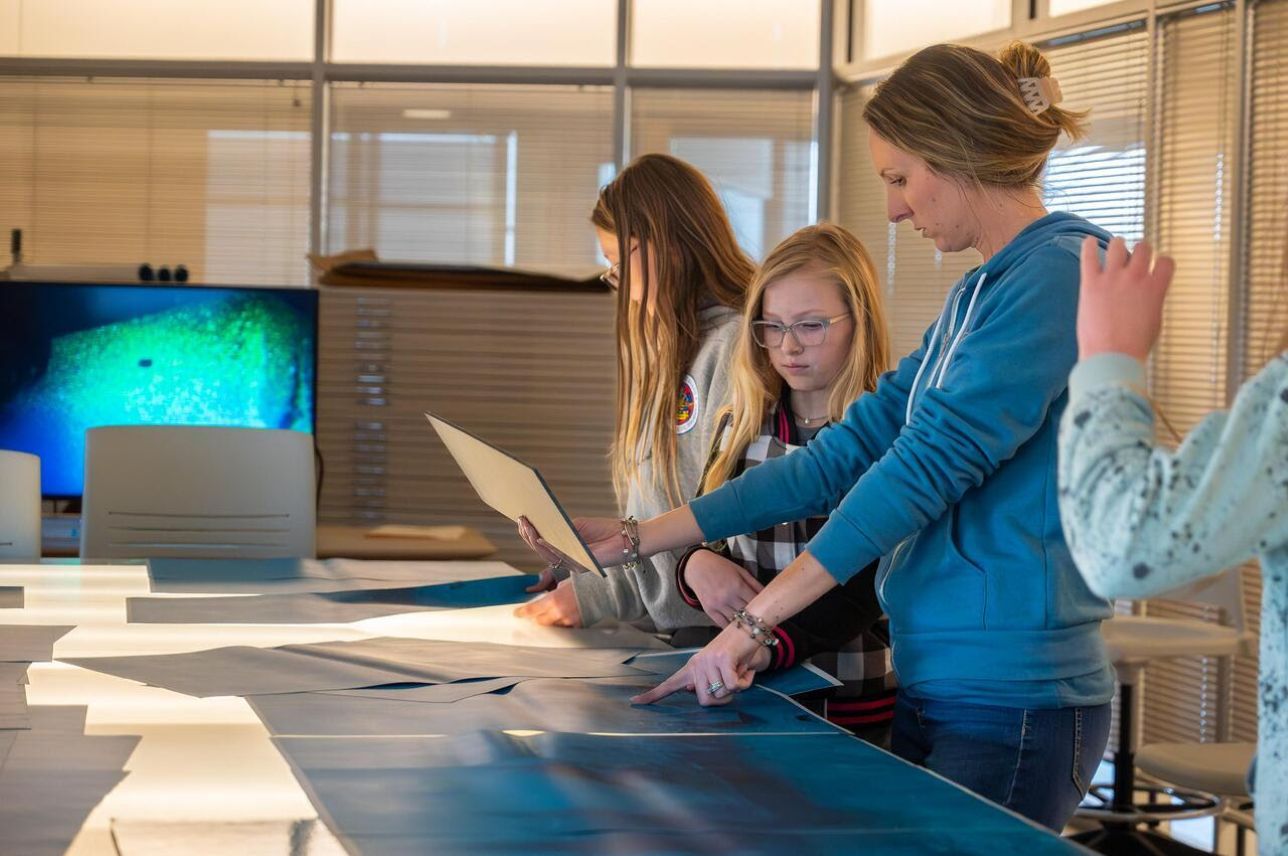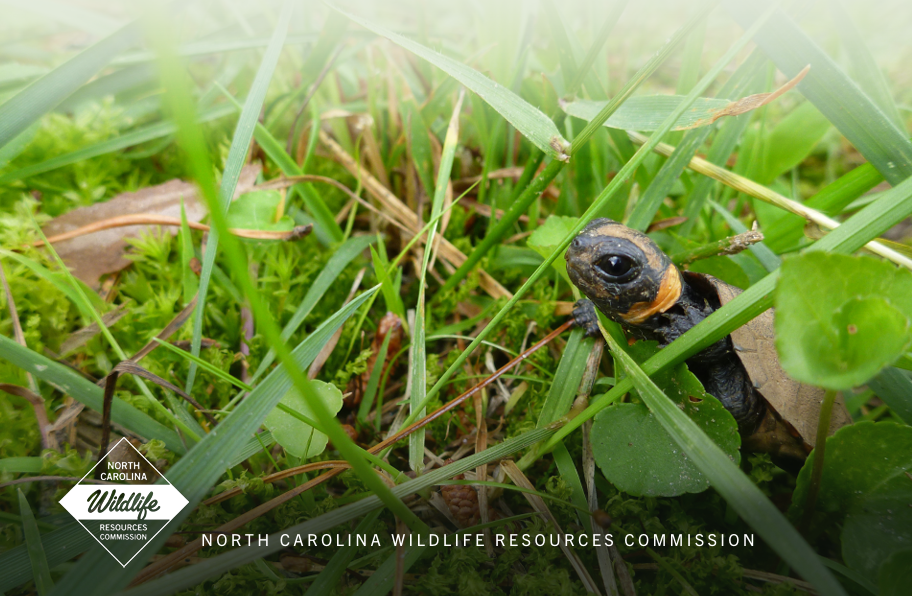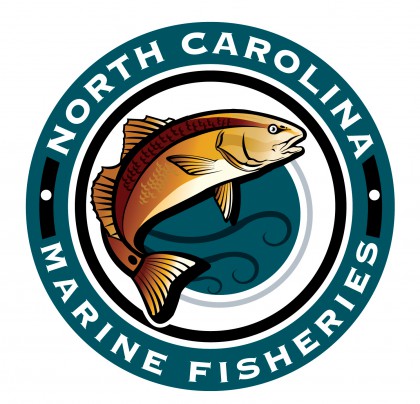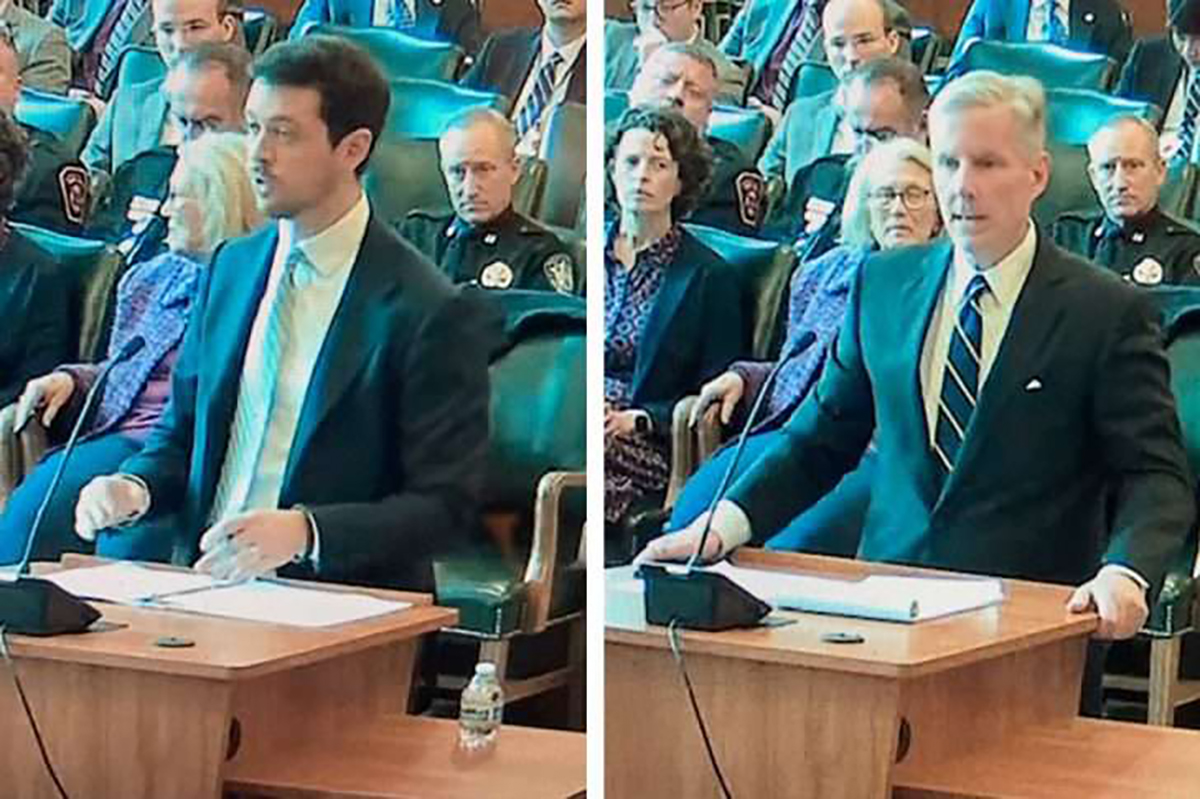North Carolina has been allocated $92 million in Volkswagen settlement money and is seeking public input on how to use the funds.
Public comment from individuals, tribes, government and groups are welcome until the 5 p.m. Dec. 31 deadline.
Supporter Spotlight
In 2015, Volkswagen admitted that it violated the Clean Air Act by installing illegal software on some of its diesel vehicles. The vehicles with the illegal software emit up to 40 times the allowable levels of nitrogen oxides. Settlement agreements of $14.7 billion nationally were agreed upon to resolve matters related to the violations.
About 18,700 of the affected vehicles are registered in North Carolina, making the state eligible to receive $92 million to reduce air pollution from mobile sources.
North Carolina’s $92 million allocation from the Volkswagen Settlement will be invested in a variety of environmental mitigation projects. The money can be used in a variety of ways but must meet the legal requirements of the consent decree, which identifies eligible vehicle and equipment categories.
Plans also must consider reducing pollution in communities that have been disproportionately impacted by emissions. Potential projects included within the scope of the settlement are the following:
- Class 8 local freight trucks and port drayage trucks
- Class 4-8 school/shuttle/transit buses
- Freight switcher locomotives
- Ferries and tugboats
- Ocean going vessels shorepower
- Class 4-7 local trucks
- Airport ground support equipment
- Forklifts and cargo handling equipment at ports
- Light duty zero emission vehicle supply equipment, limited to 15 percent of funds.
- Matching funds for projects eligible under the Diesel Emission Reduction Act, or DERA.
The North Carolina Division of Air Quality requests input on which of the 10 eligible categories the state should include for potential funding in the state’s mitigation plan.
Supporter Spotlight
Learn More
- North Carolina Volkswagen Settlement
- Request For Information
- Questions may be submitted to daq.NC_VWGrants@ncdenr.gov







